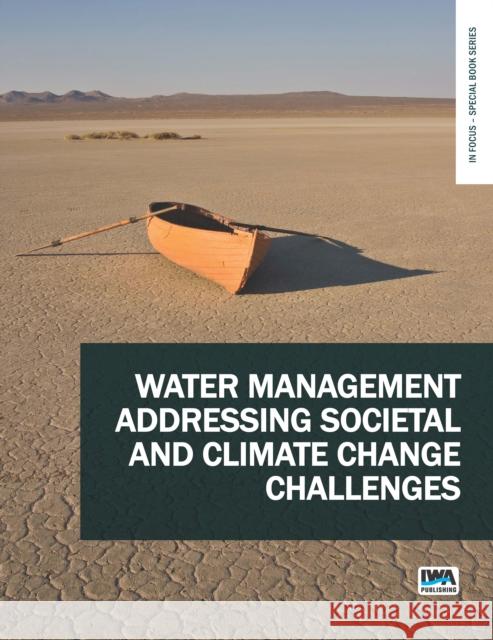Water Management Addressing Societal and Climate Change Challenges » książka
Water Management Addressing Societal and Climate Change Challenges
ISBN-13: 9781789063424 / Angielski / Miękka / 2022 / 112 str.
Water is the primary medium through which climate change influences the earth's ecosystem and thus people's livelihoods and well-being. Globally, 83% of all disasters have been caused by extreme weather and climate-related events, such as floods, storms, and heatwaves, over the past decade. Together, these disasters have killed more than 410,000 people and affected a staggering 1.7 billion people in different parts of the world. With a 50% increase in the global population and a 30% increase in the urban population from 2000 to 2050, the world will continue to face enormous challenges in most contexts. In many cases, poor people and developing countries are most likely to be affected. The impacts of climate change will make the situation worse by creating extreme conditions with catastrophic outcomes. We may anticipate technological, economic, and sociological impacts resulting from climate change on water resources and processes. There are numerous global, regional, and national initiatives to address the technical and socio-economic challenges associated with the impacts of climate change on water. The Water and Society project, involving four countries in Africa, three from Asia, and one from Europe (www.WaSoProject.org), is an example and has inspired this book, which presents some water management challenges in Asia and Africa resulting from climate change. Selected studies on changes in water quantities and their socio-economic impacts, as well as examples of abatement activities and their effects, illustrate the challenges involved, their status, and solutions. In Focus – a book series that showcases the latest accomplishments in water research. Each book focuses on a specialist area with papers from top experts in the field. It aims to be a vehicle for in-depth understanding and inspire further conversations in the sector.











